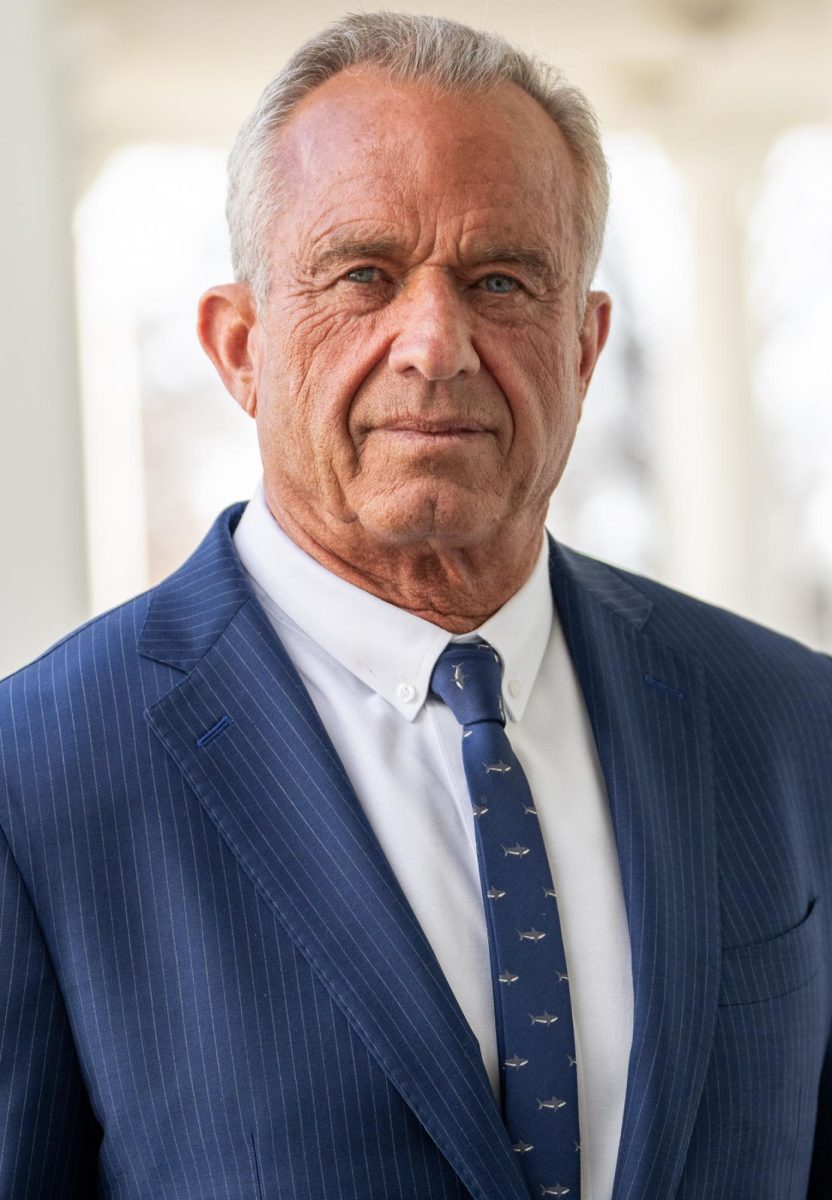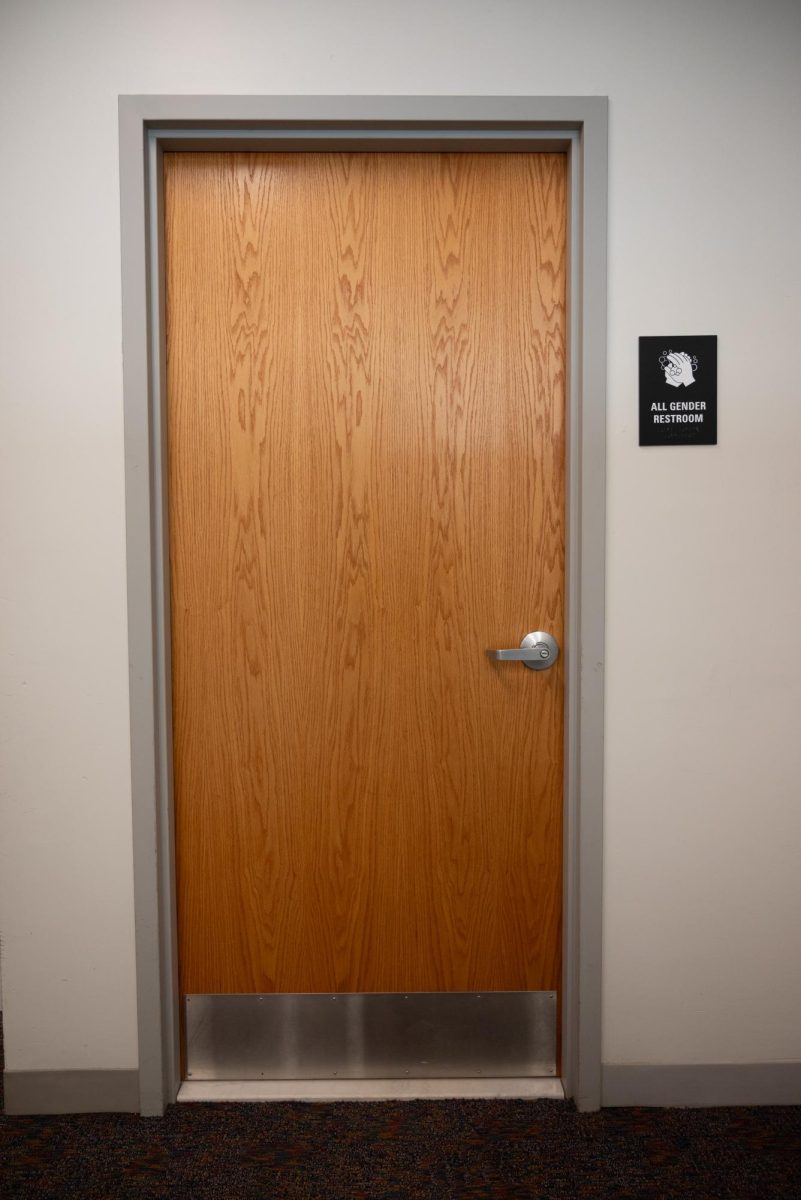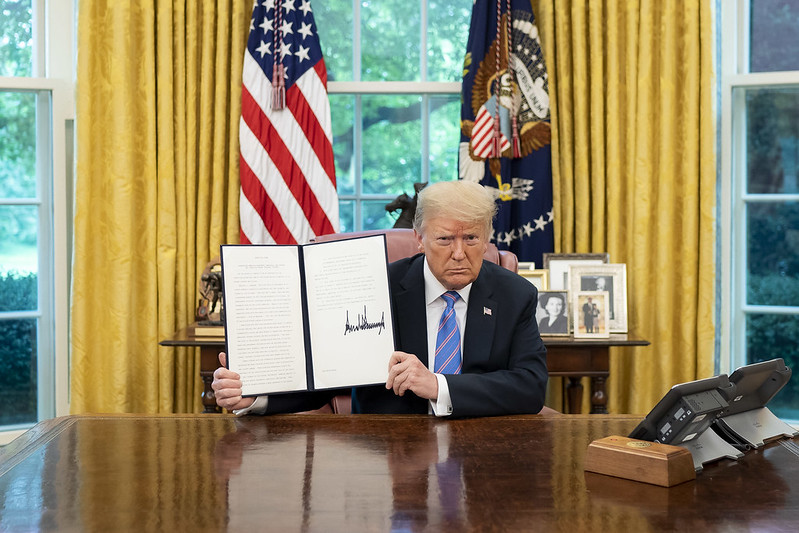Reflecting on the recent deaths of the three Boston University students killed in New Zealand, some Northeastern students studying, co-oping and traveling abroad may be concerned about now seemingly imminent dangers of the international experience the university so prides itself in.
As we push to become a global university, where are our priorities?
Though strapped for time transitioning between classes, co-ops and both traditional study abroad and Dialogue of Civilization programs, perhaps we should make more of an effort to acknowledge and talk about international safety. Discussions don’t need to scare us out of these opportunities, or even necessarily center on the “dangers;” rather, they can better equip us to handle potentially risky situations. Let’s face it: The international arena is a sticky place. Tumultuous political and economic situations that we don’t really talk about when planning for studying abroad do pose real threats.
In less of an ethereal sense, any everyday, risky situation we face on our own familiar campus is augmented in this classroom abroad. NUPD has our back here in Boston, but who’s on guard when our laptops (or worse, passports) are stolen in Italy?
The same university that is practically cultivating its own breed of global citizens has a responsibility – and vested interest – in keeping its students safe, or at least prepared to handle these situations.
The Office of International Study Programs (OISP) “Pre-Departure Orientation” did not equip anyone with a safety demeanor nor address any number of practical dangerous scenarios, such as driving on the opposite side of the road. And though we were reminded that attending one of the two offered sessions was mandatory, no one took attendance at these sessions while students crammed in the doorways and came and went as they pleased. Health and safety issues earned maybe three slides on the OISP presentation, which students in the back of the room (where most of them were, halfway out the door) could barely hear or see. Perhaps smaller sessions on focused regions would be more effective. England and Egypt certainly don’t have the same issues, and all the specifics can’t be left to the professors.
Whether it be raising awareness among students before we go abroad or enforcing stricter travel policies, Northeastern has to step it up. Admittedly, we as college students are probably the last group of people that want to be restricted or sheltered, but if we find ourselves in a sticky situation in a land we don’t know, we must be poised to act with comportment that will keep us safe.









